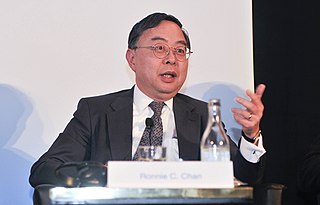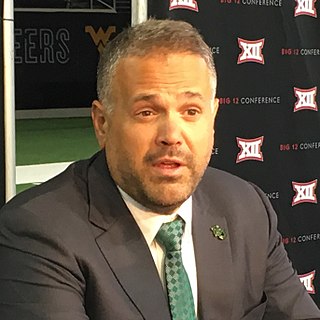A Quote by Tony Hsieh
Our customers call and e-mail us to say that's how it feels when a Zappos box arrives. And that's how we view this company.
Related Quotes
Service Over the years, the number one driver of our growth at Zappos has been repeat customers and word of mouth. Our philosophy has been to take most of the money we would have spent on paid advertising and invest it into customer service and the customer experience instead, letting our customers do the marketing for us through word of mouth.
Many companies operate from more of a command-and-control environment - they decide what's going to happen at headquarters and have the organization execute. That doesn't work here because it's the community of users who really have control.
So we enable, not direct. We think of our customers as people, not wallets. And that has implications for how we run the company. We partner with our customers and let them take the company where they think it's best utilized.
Giving feels good, but it's also good for the bottom line. Charity is a viable growth strategy for a lot of companies. Our customers get excited to be a part of what we're doing. If you ask anyone wearing Toms how they first heard about us, most won't mention an advertisement; they'll say a friend told them our story.
And what I've come to learn is that it's the manufacturer's handbook, is what I call it. It teaches us how to run our lives individually, how to run our families, how to run our churches. But it teaches us how to run all of public policy and everything in society. And that's the reason as your congressman I hold the Holy Bible as being the major directions to me of how I vote in Washington, D.C., and I'll continue to do that.
It's rare to find someone excited over jury duty. If they're out there, I've never met them. Not a one. When the summons for jury duty arrives in the mail, how many people scream, 'Yes!' and run to clear the calendar? None. Our first and only reaction is, 'Oh, no,' quickly followed by, 'How can I get out of this?'
How we view ourselves can often determine the perspective and degree in which we see others and the world around us. Each and every one of us has a view. Such a view, that it can shape the future of others and how they live, dream and look towards the future that we all hope is better and more fruitful than our past. This I believe is a common initiative.


































